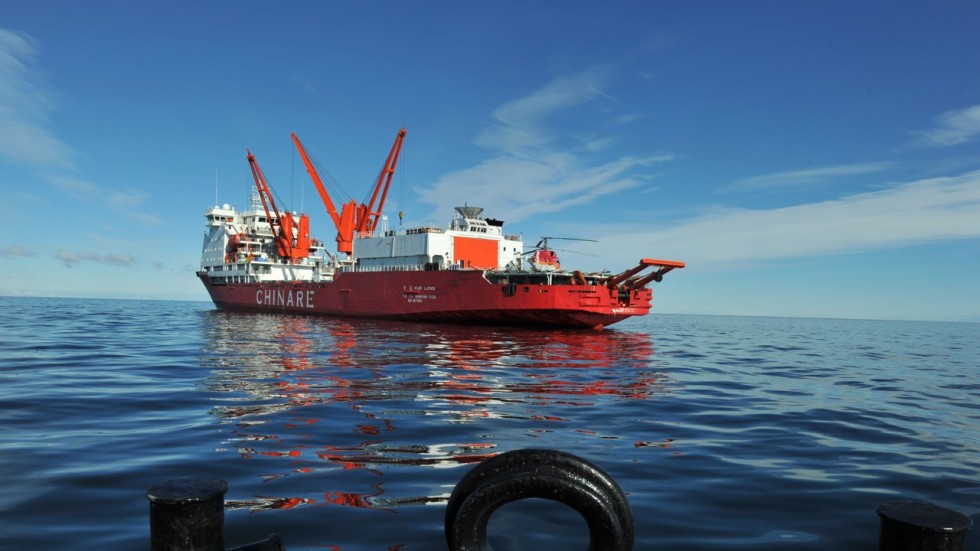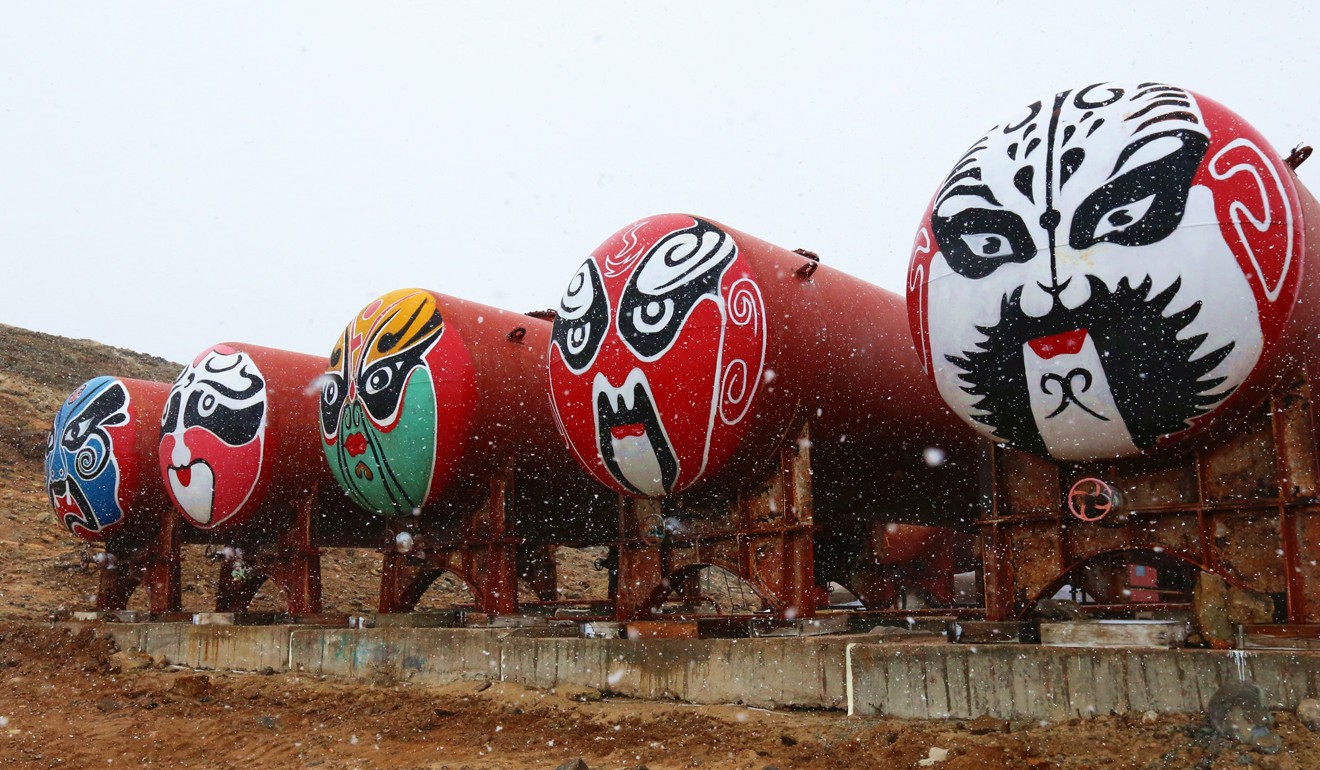Beijing marks a first as host of the 40th Antarctic Treaty Consultative Meeting, which begins on Monday, a significant milestone as China expands its role in the polar regions and the perfect opportunity to underline its commitment to the conservation of Antarctica and its oceans.
Beijing marks a first as host of the 40th Antarctic Treaty Consultative Meeting, which begins on Monday, a significant milestone as China expands its role in the polar regions and the perfect opportunity to underline its commitment to the conservation of Antarctica and its oceans.

China signed the Antarctic Treaty in 1983, 22 years after it came into force, and already plays a major role in the region. It runs four research stations
on Antarctica and is building another in the Ross Sea region, soon to be the site of the world’s largest marine protected area. The icebreaker Xue Long sails every year to the icy continent to conduct research; in 2015, a new fixed-wing aircraft was added to China’s operations there. China started to fish for krill in the Southern Ocean in 2009, and since then its fishing fleet has increased in size.
Icebreaker Xue Long’s rescue mission highlights China’s polar ambitions

Beijing’s latest five-year plan aims for an active role in international rule-making in new frontiers, including the polar regions, but it has yet to release a strategy of objectives for Antarctica. This has led some analysts to suspect that, as a huge, resource-hungry nation, China hopes to open up the continent to mining. Each time China talks about the “use” of Antarctica, it leaves many to speculate about its intentions.
If China wants to build trust and its power to be heard, it should do as other nations have and state its Antarctic strategy, including its interest and approaches, as it has done with its “Vision and Actions” for the Belt and Road Initiative.
A similar document on Antarctica would explain China’s polar policy and enable other countries to collaborate with it on joint interests. It would also empower Chinese officials tasked with realising it and legitimise public spending. Accountable and transparent Antarctic policymaking would allow China to have a greater say in the region.
Chinese doctor grows fresh vegetables in Antarctic greenhouse

In the global commons such as Antarctica and its surrounding ocean, national interests must be balanced with the interests of all.
Deng Xiaoping (鄧小平) struck such a balance when China signed the Antarctic Treaty, saying its aim was to “contribute to humanity’s peaceful use of Antarctica”.
The Chinese public is well aware of the impacts of environmental degradation and resource depletion, amid a paradigm shift from the conventional pattern of development at all costs.
With one of the most ambitious plans to combat climate change and build a sustainable economy, China’s next logical step is to align its polar policy with these environmental commitments and lead on conservation and science in an official strategy on Antarctica.
Source: South China Morning Post



